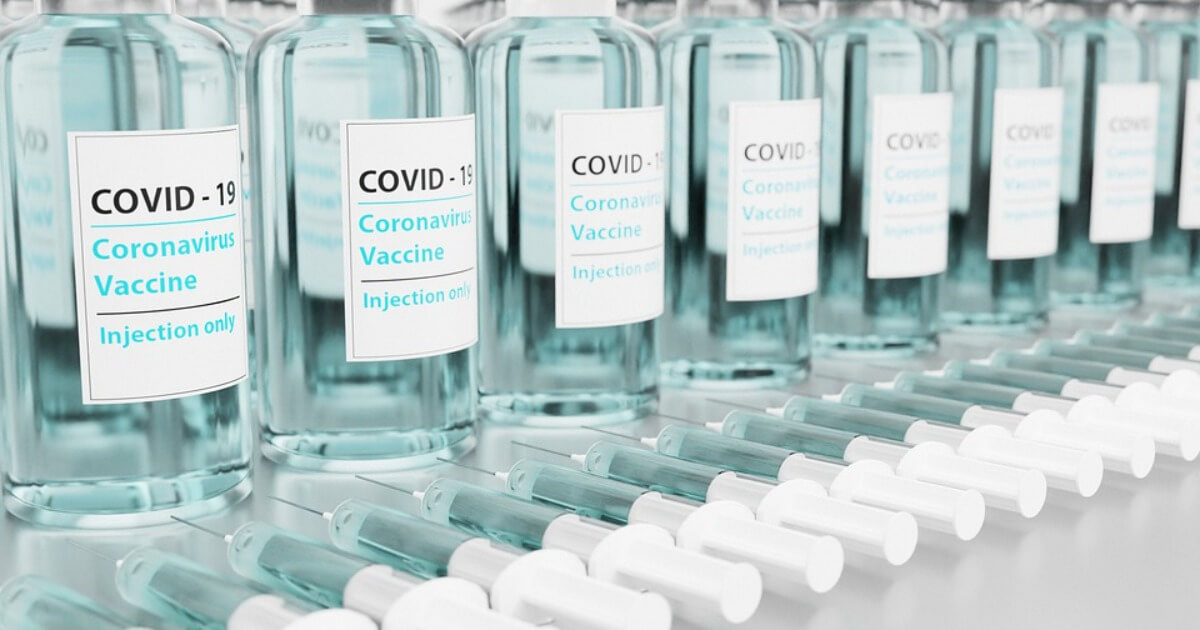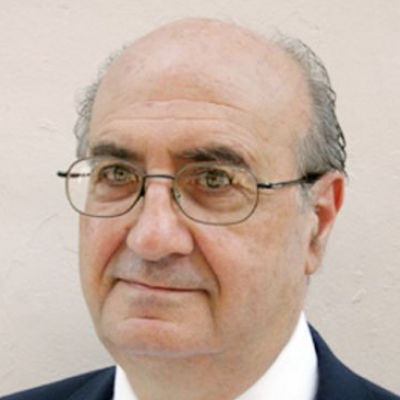A Threat to Putin’s Imperial Ambitions
Vodka addiction has had a devastating effect on Russians’ health, the country’s economy and social fabric for centuries.
June 14, 2020
While the coronavirus pandemic is still making inroads in Russia, the most serious threat to Vladimir Putin’s neo-imperial ambitions is a different one — vodka addiction. It has a long history in the country.
A long-time scourge
Vodka probably arrived in Moscow in the 14th century, brought by Genovese merchants to Prince Dmitry Ivanovich.
Legend says that monk Isidore, who lived in the Chudov Monastery, inside the Kremlin, made a recipe for Russian vodka around 1430.
He probably didn’t anticipate the devastating effect that vodka addiction would have on Russians’ health and quality of life, and on the country’s economy and on its social fabric.
Vodka’s unique allure
How to explain Russians strong addiction to alcohol, particularly vodka? One reason is that the government at various times promoted vodka drinking to increase revenues from taxes on alcohol.
Some Marxist historians however, argue that heavy alcohol consumption was promoted as a way to eliminate dissent. Other observers claim that alcohol is, for many Russians, the only escape to the drabness of everyday life.
The dreariness of everyday life
When the Bolshevik Party came to power its leaders initially tried — without much success — to reduce alcohol consumption in the Soviet Union. Eager to generate revenues, Josef Stalin soon after reestablished the state monopoly for vodka.
In 1985, Mikhail Gorbachev increased controls on alcohol consumption, and imposed a partial prohibition through a massive anti-alcohol campaign.
Gorbie tried
The campaign, which included severe penalties against public drunkenness and excessive alcohol consumption, as well as restrictions on liquor sales, was temporarily successful.
It reduced per capita consumption and improved quality of life measures such as life expectancy and reduced hospital admissions.
However, the population reacted against this policy and ultimately it had to be abandoned. The negative consequences of this measure were felt soon afterwards.
The curse of samogon
Reports periodically surface in the media on the great number of people who die as a result of consuming fake vodka and other alcohol substitutes.
It is estimated that more than 40,000 Russians die every year after drinking such toxic liquids which include medical disinfectants, after-shave lotions and other dangerous substances.
15 liters per head per annum!
It is estimated that the average Russian drinks 4 gallons (15 liters) of alcohol a year. According to the World Health Organization (WHO), this level of consumption is far above what is considered safe to drink, and higher also than in any other nation in the world.
The government wants to reduce present consumption to 8 liters, following the WHO guidance.
King Vodka
Most of the alcohol consumed in Russia is vodka and other black-market beverages, such as the Russian moonshine called samogon, which is particularly toxic.
In December 2016, for example, 49 people in Irkutsk died in a mass methanol poisoning. Dmitry Medvedev, Russia’s former Prime Minister, called for a ban on non-traditional alcoholic liquids like the bath lotion involved n this case, stating that “it’s an outrage, and we need to put an end to this.”
Health consequences of excessive alcohol consumption
Russia has now one of the highest rates of alcohol-related illnesses. In the short term, binge drinking provokes several kinds of injuries as a result of violent social and risky sexual behavior (including unprotected sex, and alcohol poisoning).
In the long term, vodka abuse causes neurological, cardiovascular, psychiatric and liver problems, and miscarriage and stillbirth in pregnant women.
Source of violence
The connection between excessive drinking and interpersonal violence cannot be underestimated. For example, among male perpetrators of spousal homicide, 60-75% of offenders had drunk heavily prior to the incident.
However, due to social tolerance of violent behavior and incomplete or inaccurate information, official statistics only record a small percentage of violent acts.
Suicide enhancer
The risk of suicide is five times higher for heavy drinkers and nine times higher for alcoholics among young men.
Among women, excessive alcohol consumption during pregnancy can result in the child developing fetal alcohol syndrome or show effects which are associated with delinquent and violent behavior later in life.
Cutting life short
Russians poor health status has translated in a short life expectancy. 2017 World Bank figures indicate that life expectancy in Russia is 72.12 years, compared to 76.47 in China and 78.54 in the United States.
The high number of deaths due to alcohol abuse in Russia highlights a very serious consequence, since the country is going through a severe demographic crisis. It is estimated that Russia’s population will drop by 20% by 2050.
Economic costs
The economic costs of alcohol abuse can be considerable. Among the economic costs one has to consider are the medical costs borne by governments, and the costs to families as a result of diseases caused by excessive alcohol consumption.
One should also take into account the loss of workers’ productivity. In 1985, during Gorbachev’s campaign to reduce drinking, it was estimated that alcoholism resulted in $8 billion in lost production. According to Harvard scholar Boris Segal, economic losses from alcoholism were one third of the country’s GNP in 2012.
Old habits die hard
Both punitive measures and increases in alcohol taxes have proven to be of limited effect. What the Russian government needs now is a sustained mass communication and education campaign.
It ought to be mainly directed at the younger sectors of the population, accompanied by more restrictive government measures on alcohol consumption.
There is a clear need for the involvement of medical, public health, community, labor and legal organizations in the prevention of excessive alcohol consumption in Russia.
Conclusion: Bad uncle Vodka
Unless more effective measures against vodka addiction are taken, Vladimir Putin’s dreams of a greater Russia will not be realized.
This statement does not apply so much to his fanciful imperial ambitions as to the constant self-diminution of Russia, its economy, its productivity and its people’s wealth as well as well-being that is due to bad uncle Vodka.
Takeaways
While the coronavirus pandemic is still making inroads in Russia, the most serious threat to the country is a different one — vodka addiction.
Vodka addiction has had a devastating effect on Russians’ health, the country’s economy and social fabric for centuries.
Marxist historians argue that heavy alcohol consumption in Russia was promoted as a way to eliminate dissent.
It is estimated that 40,000 Russians die every year after drinking toxic liquids -- including medical disinfectants and after-shave lotions.
To combat vodka addiction, the Russian government needs to launch a communication and education campaign -- mainly directed at the younger sectors of the population.
Unless more effective measures against vodka addiction are taken, Vladimir Putin’s dreams of a greater Russia will not be realized.
Read previous

Global Culture
A Different Post-Corona US?
June 14, 2020
